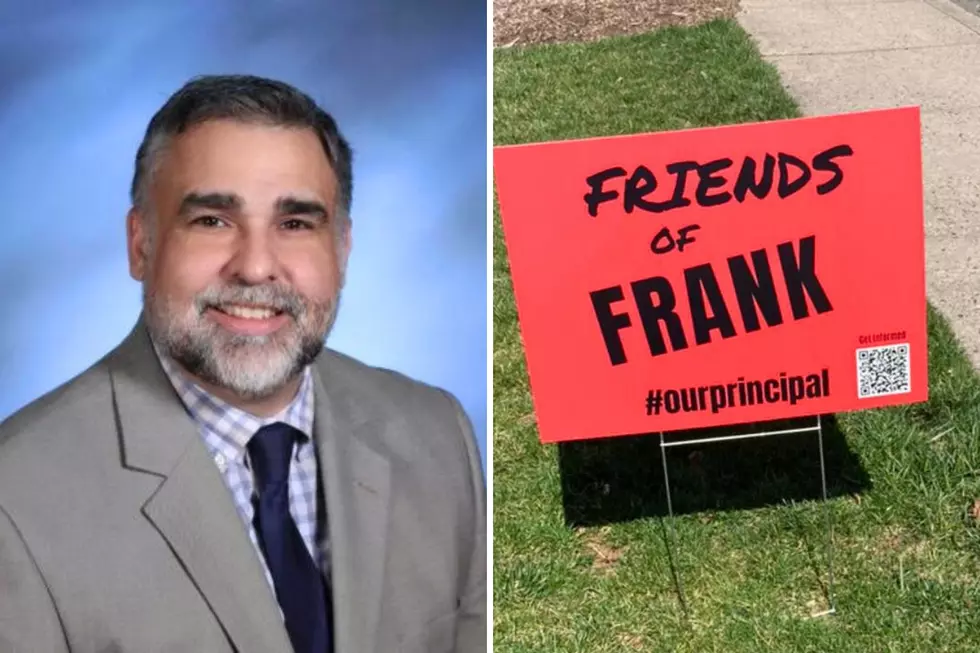
Lawsuit says Newark mislead public about lead in water
NEWARK — An environmental group sued the city of Newark on Tuesday, alleging officials violated federal safe drinking water laws by not adequately monitoring and testing a water system that contained what it termed "dangerously high" lead levels.
The lawsuit by the Natural Resources Defense Council prompted an immediate response by the city, which issued a statement calling the allegations "outrageously false" and a mischaracterization of the facts.
The suit filed by the NRDC and the Newark Education Workers Caucus, an association of educators who work in the city, alleges the city hasn't conducted sufficient testing on sites that are at the most risk for elevated lead levels and has instead focused testing on less at-risk sites. It also claims Newark unlawfully denied public records requests that sought information about water testing.
Newark also has minimized the problem by telling residents the water is safe to drink and that the problem is confined to a limited number of homes with private service lines, the suit alleges.
"In fact, the City does not know the scope of the problem because it has failed to identify which service lines contain lead, and has failed to properly monitor lead levels at Newark residents' taps" as required under law, the suit claims.
Prolonged exposure in children to low levels of lead has been linked to nervous system damage, learning disabilities and impaired formation of blood cells.
In a statement released Tuesday, Andrea Adebowale, the city's director of water and sewer utilities, said elevated lead levels in schools and homes were caused by pipes and privately owned service lines in those locations and not by Newark's water system.
Adebowale said the city has embarked on a program, aided by money from the state, to help residents replace lead service lines, and continues to conduct sampling and corrosion studies.
"The truth is that the water supplied by the city is pure, safe and fully complies with federal and state regulations," Adebowale wrote. "The NRDC has seriously mischaracterized the facts."
The lawsuit seeks to force the city to remedy the alleged violations and grant "appropriate equitable relief to mitigate the health and medical risks and harm" resulting from the alleged violations.
In an earlier filing, the NRDC cited a federal report that said Newark's lead levels are among the highest in the country over the last three years for systems serving more than 50,000 people.
More From New Jersey 101.5 FM









